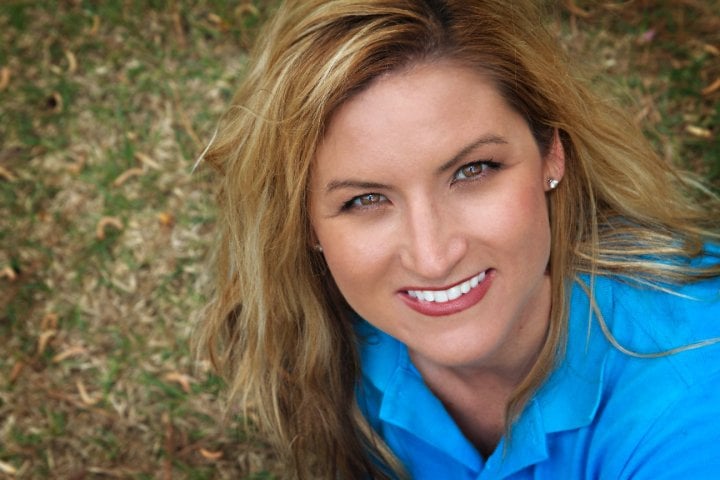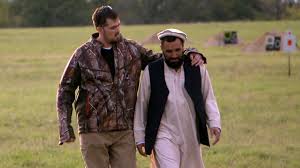(Editor’s Note): I leave out Friday for events in Washington state and then on to the East Coast swing of the book tour. Please mark your calendars for April 25, Wednesday, the date and time, I’ll be on NPR’s Diane Rehm Show to talk about A Silence of Mockingbirds. Meanwhile, we’ve got some friends contributing (if you want to shoot something my way feel free). Today’s post comes from Pastor Ken Wytsma of Antioch, Bend, Oregon. Ken is one of my personal favorites. We share a familiar landscape. Ken recently returned from an awe-inspiring trip. If you want to catch up with Ken more often you can find his blog here.
I’m in Zurich right now on a church history trip through Kilns College.
Tomorrow we head to Geneva, the next day Pisa, then Florence and then a few days in Rome before flying back.
There’s nothing like actually standing in places to learn the nuances of history – a lesson I first remember learning when walking the field where the Confederate attack known as “Pickett’s Charge” took place during the battle of Gettysburg. The “high ground” really comes to mean something when you understand what it’s like to cover almost a mile heading up toward entrenchments where cannon and rifle fire rained down.
I had the same experience in Zurich today. As far as church history goes, it’s not even close to being the most important city. It only registers because it is where Ulrich Zwingli, the Swiss Reformer, taught and ultimately ushered in the Swiss Reformation before being killed during the second war with neighboring Catholic states over religion.
What jumped out at me is the spot, now commemorated with a plaque honoring those who lost their lives, where the town leaders in Zurich gave the “third baptism” to Anabaptists during the Reformation. Anabaptists (only somewhat related to Baptists in America) were seen as radicals and trouble-makers. They wanted religious reform to go even further than Zwingli and the other reformers wanted – separation of church and state, pacifism, abolishment of tithes and taxes and more.
The symbol of their difference was their belief in adult baptism or “believers’ baptism.” Most of the reformers still baptized infants – much like their Catholic counterparts – but the Anabaptists (literally “another” or “re-baptizers”) wanted for adults to get baptized after making a religious decision to follow Jesus Christ.
Many Anabaptist leaders were eventually given a third baptism (they had been baptized as infants and then as adults as was their custom) when the town leaders took them out to a fishing platform in the middle of the river below, tied their hands and feet and then pushed them into the river as crowds of people looked on.
Religious persecution – even from one sect to the next – really feels different when looking at the river, the plaque and coming to understand the nature of church and state collaboration as was the case in Europe. In the shadow of all this, the reasons for separation of church and state at the founding of America become all the more clear.
It also explains a lot about the way many Europeans perceive American when watching on CNN International or the BBC when our leaders pray on TV, talk about their faith publicly and read political placards in the crowds during election cycles that speak of taking America back for God.
I guess all this is what I love about history… it is a lot more nuanced than we ever give it credit for. The Reformation is a historical story for us with about a half dozen players and a few key dates. The reality is it involved all of Europe, two diverging Christianities, rulers, property rights, business, literature, art — everything.
If reductionism blurs the complexity of past events like the Reformation, then it seems logical that generalizations and reductionism in the midst of the complexities of today likewise obscures depth, truth, logic, cause-effect, meaning, lessons and the reality of our own finitude in the midst of it all.
Learning, reading, trips, studying history, seeing from outside our paradigms all allow things like the third baptism to become more real and for us to become more mature – whatever our faith may be.












